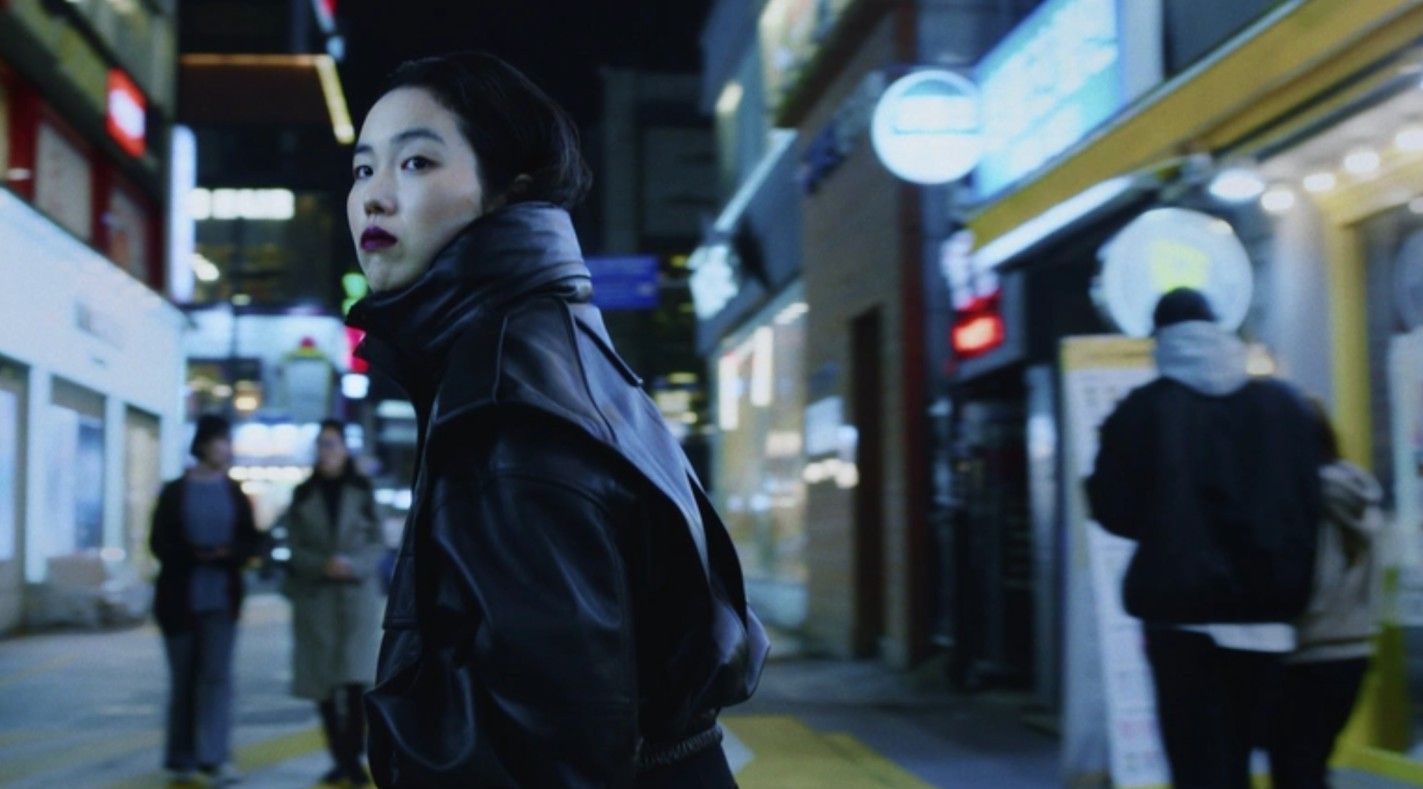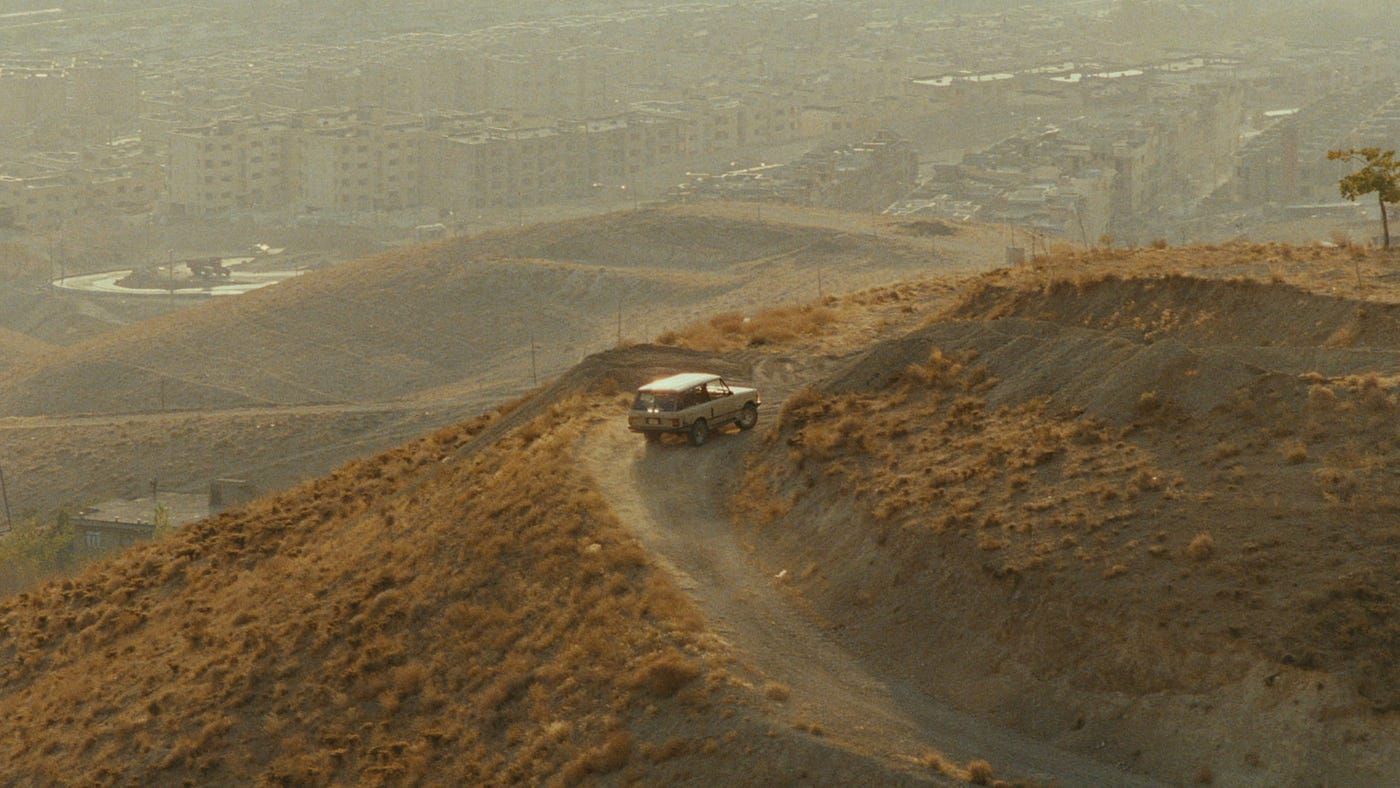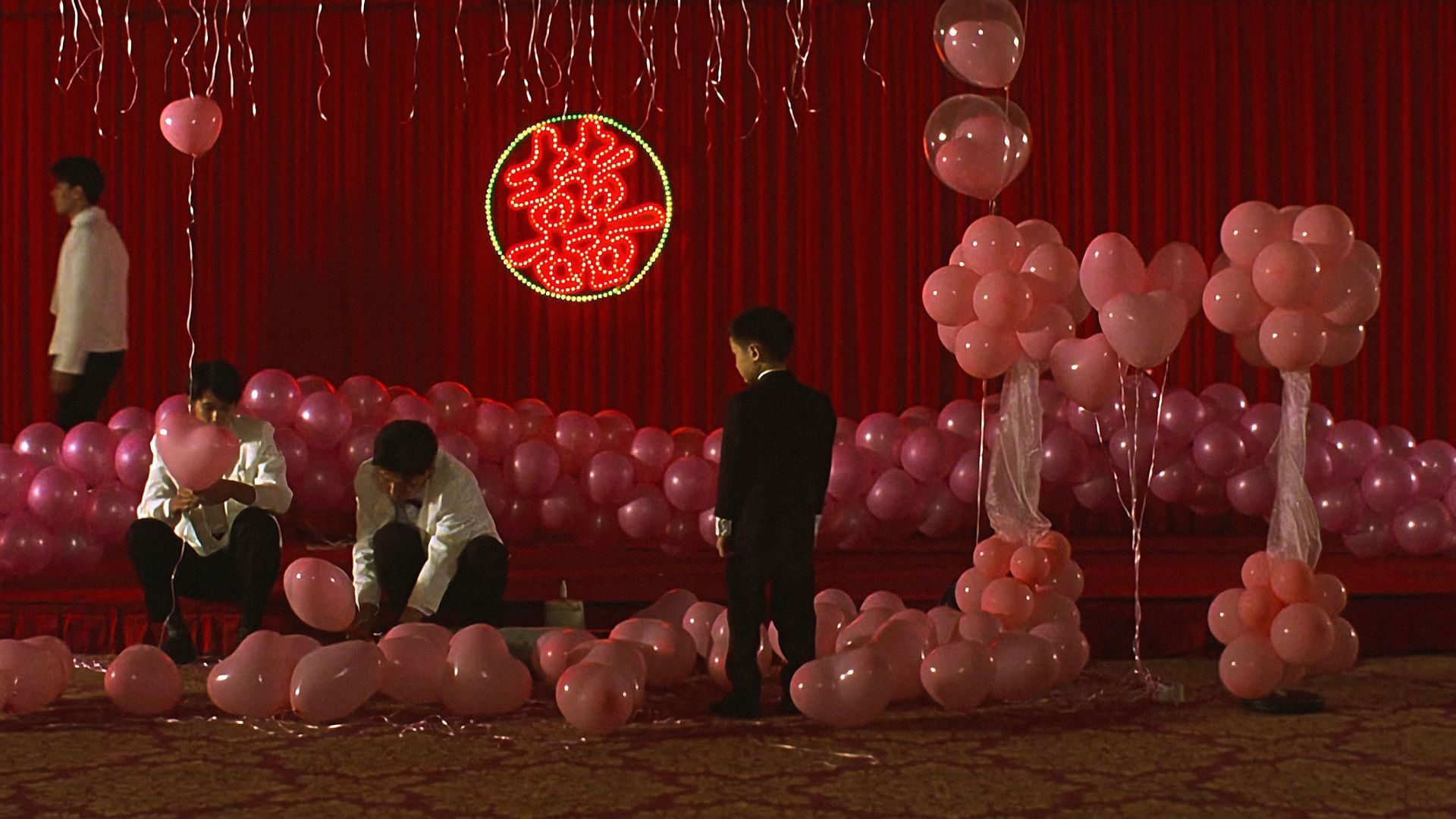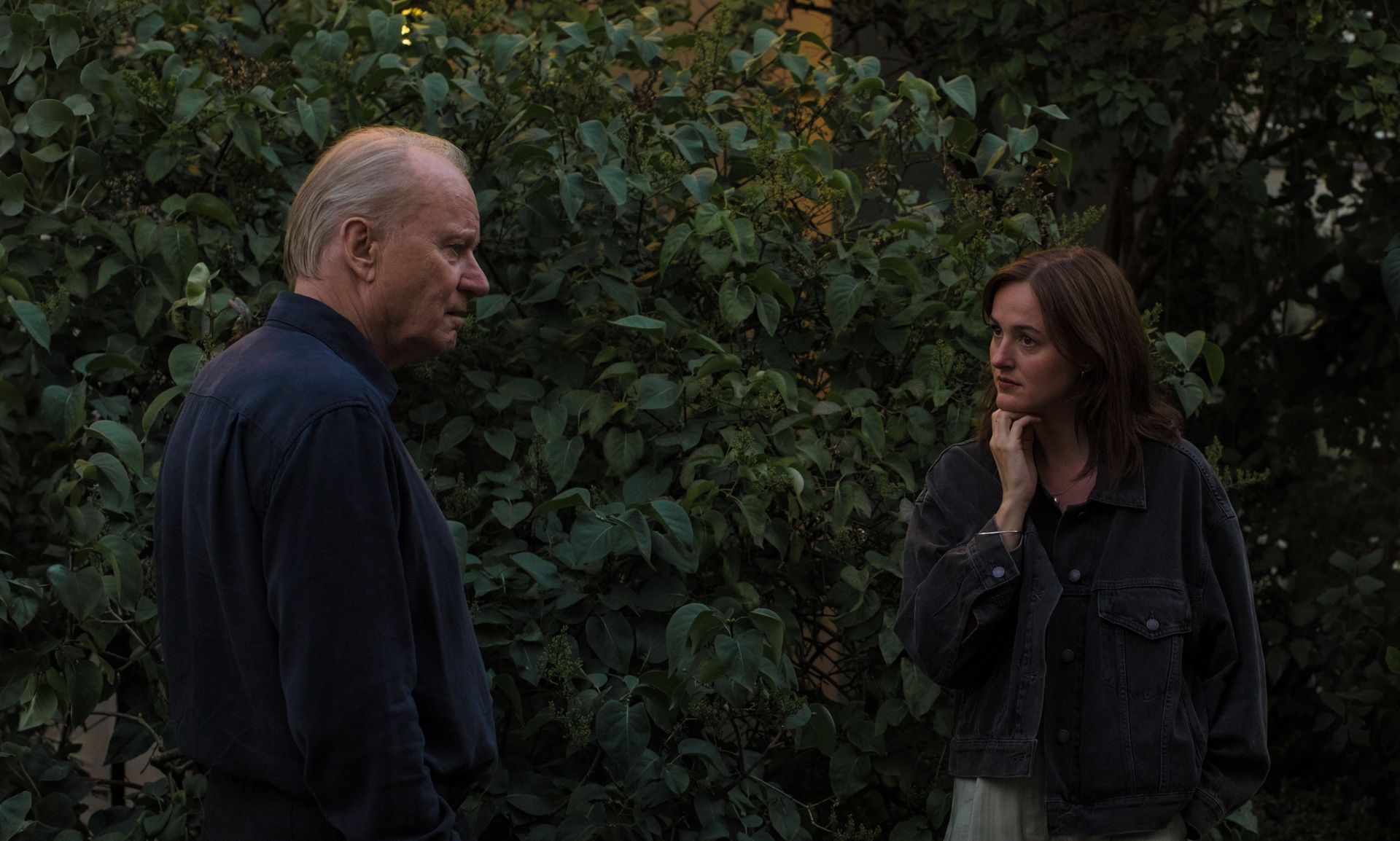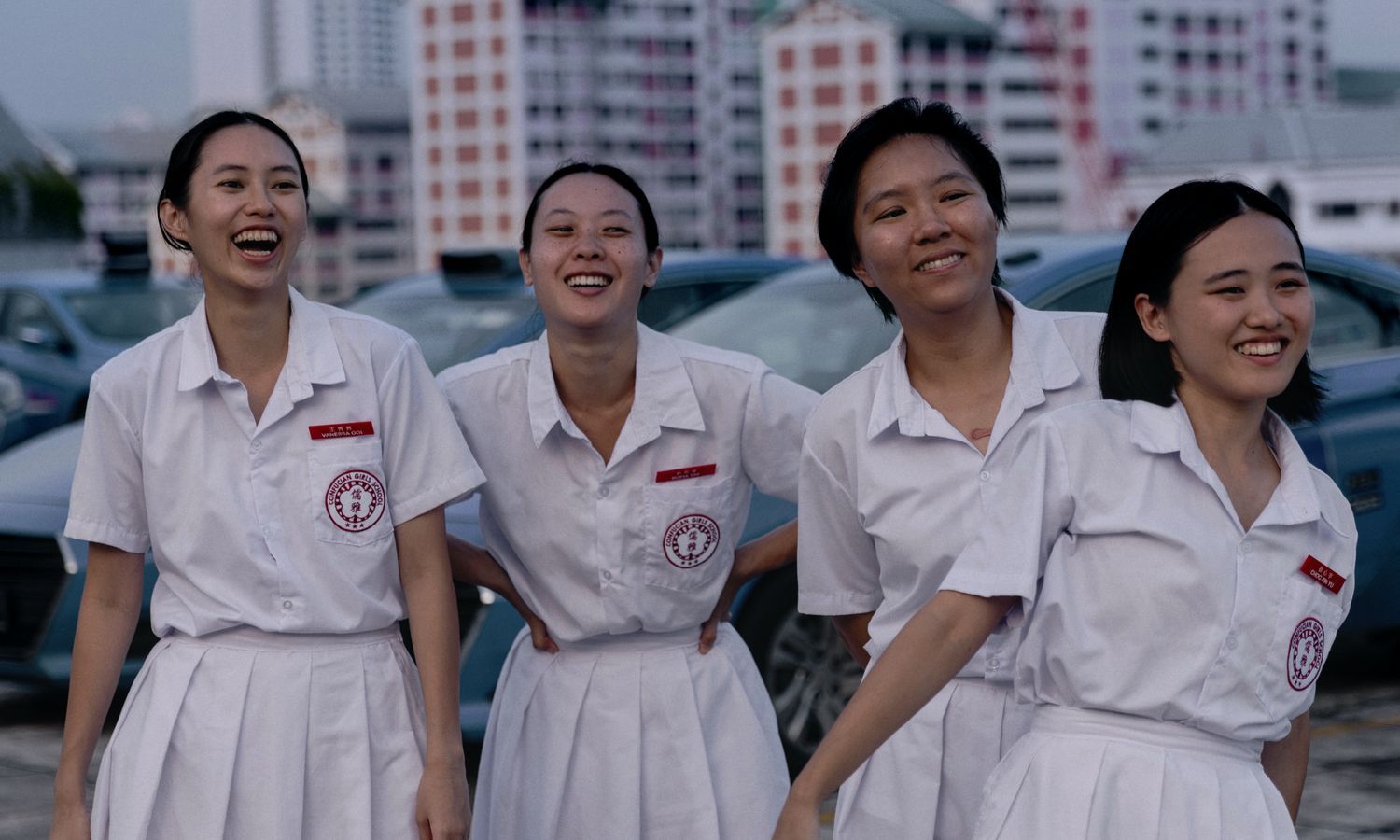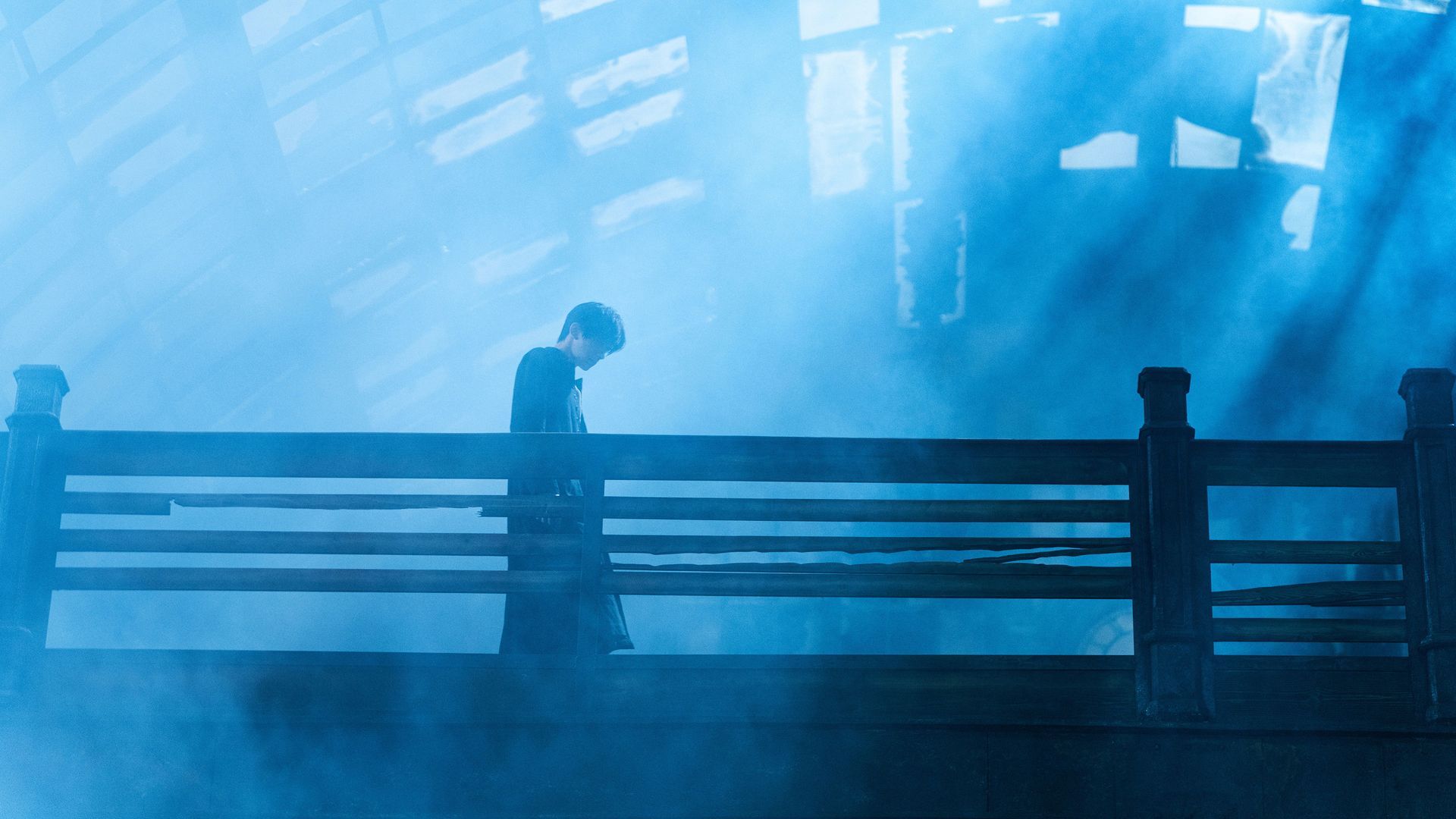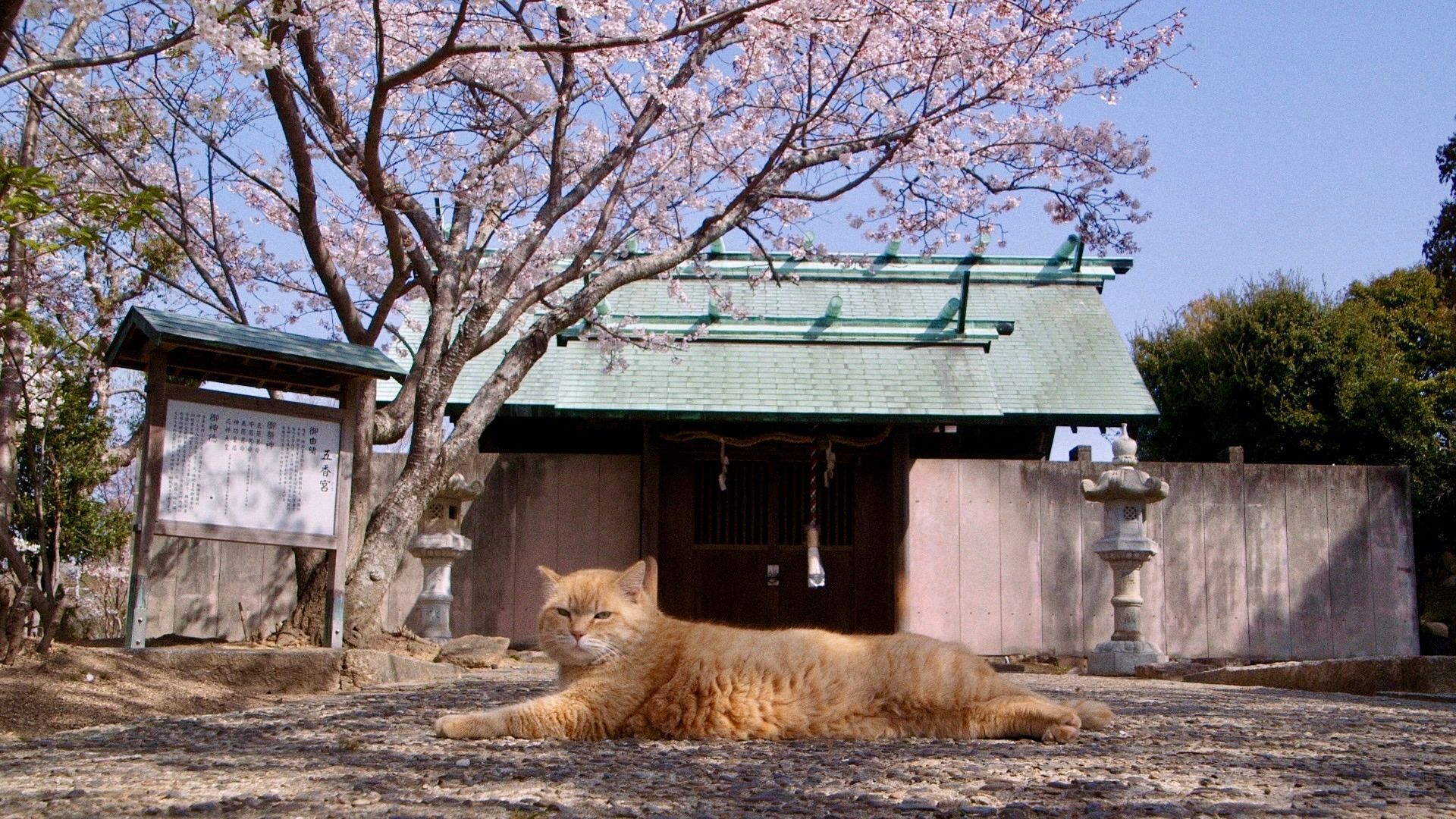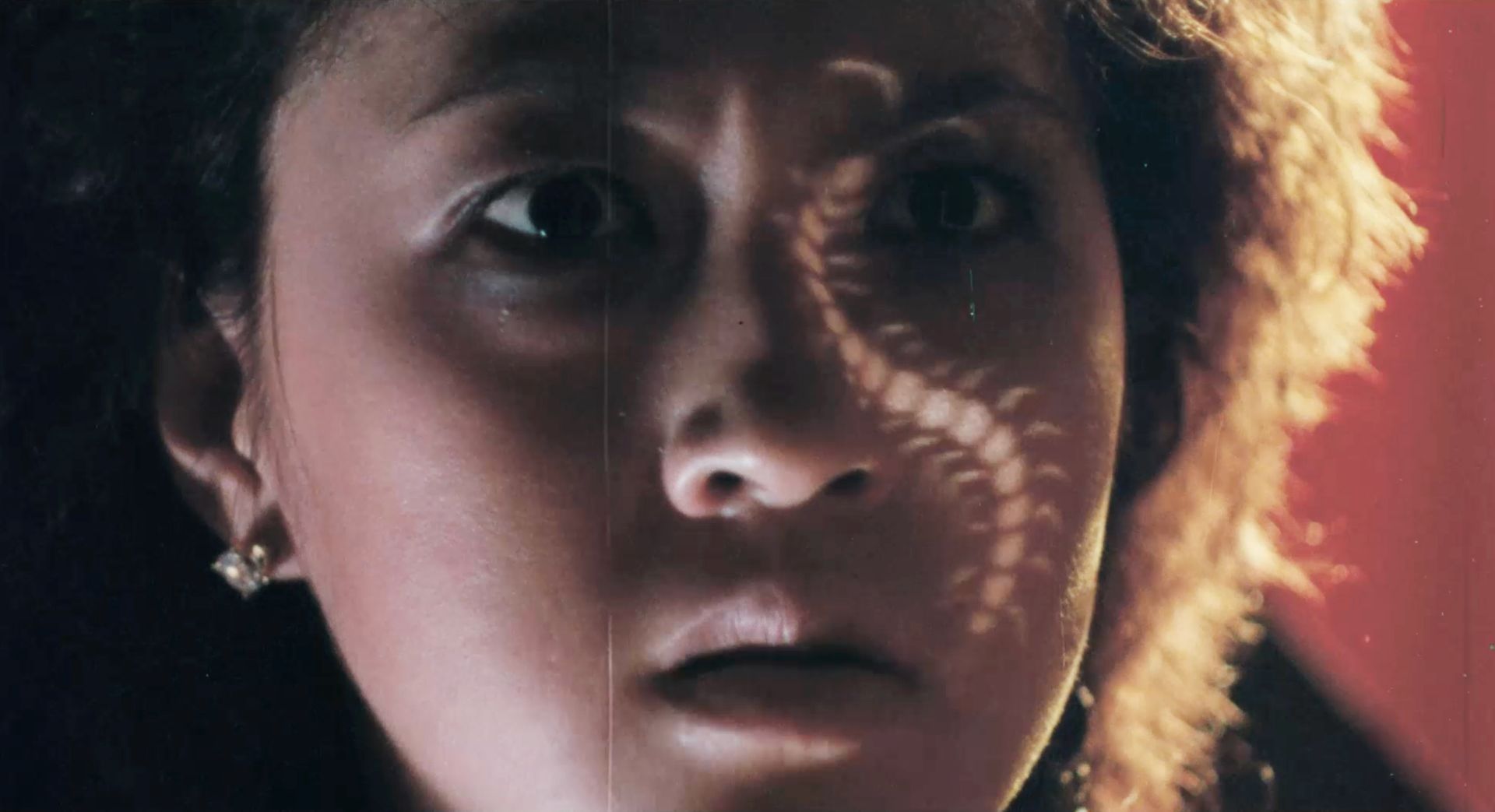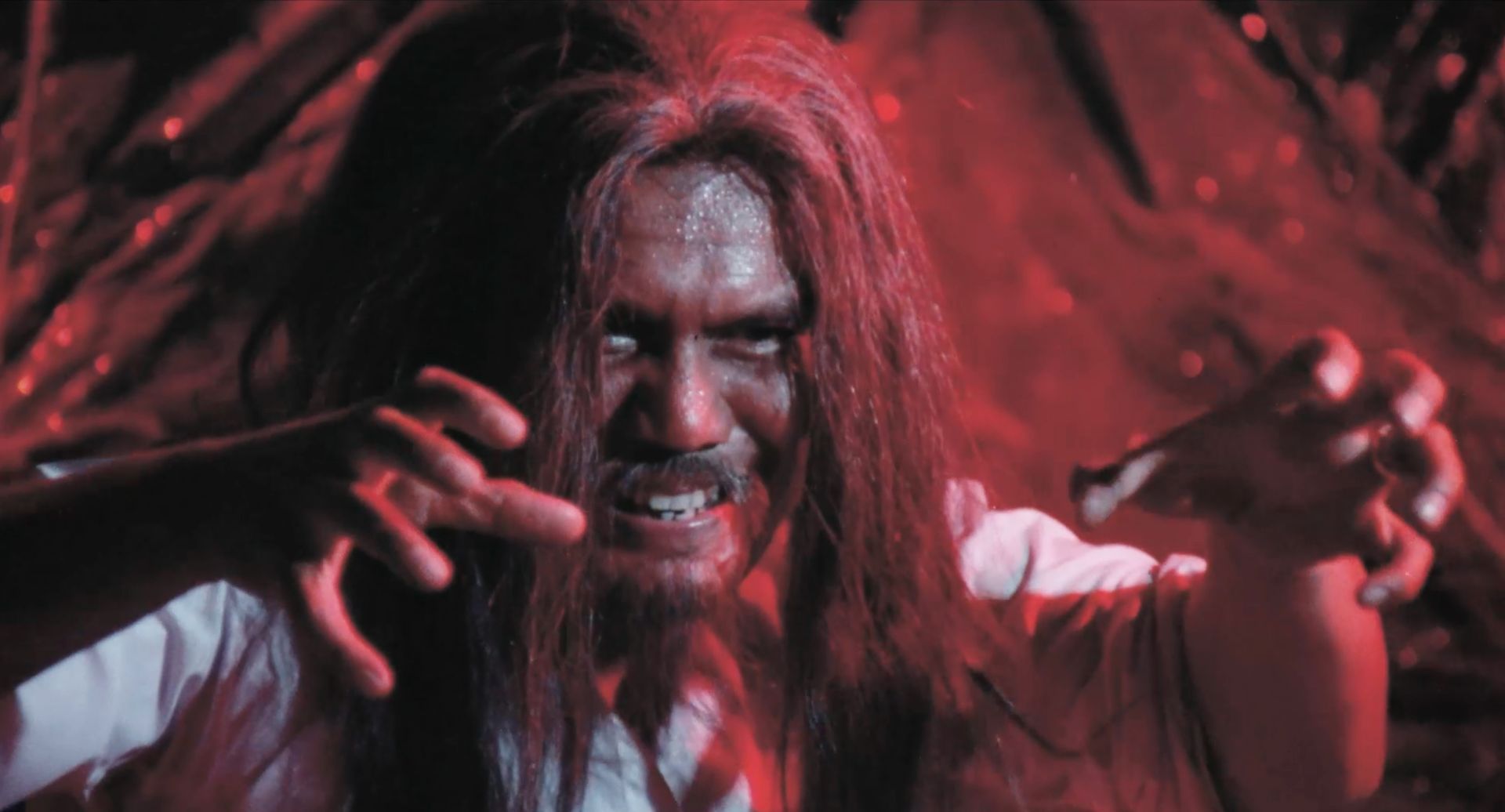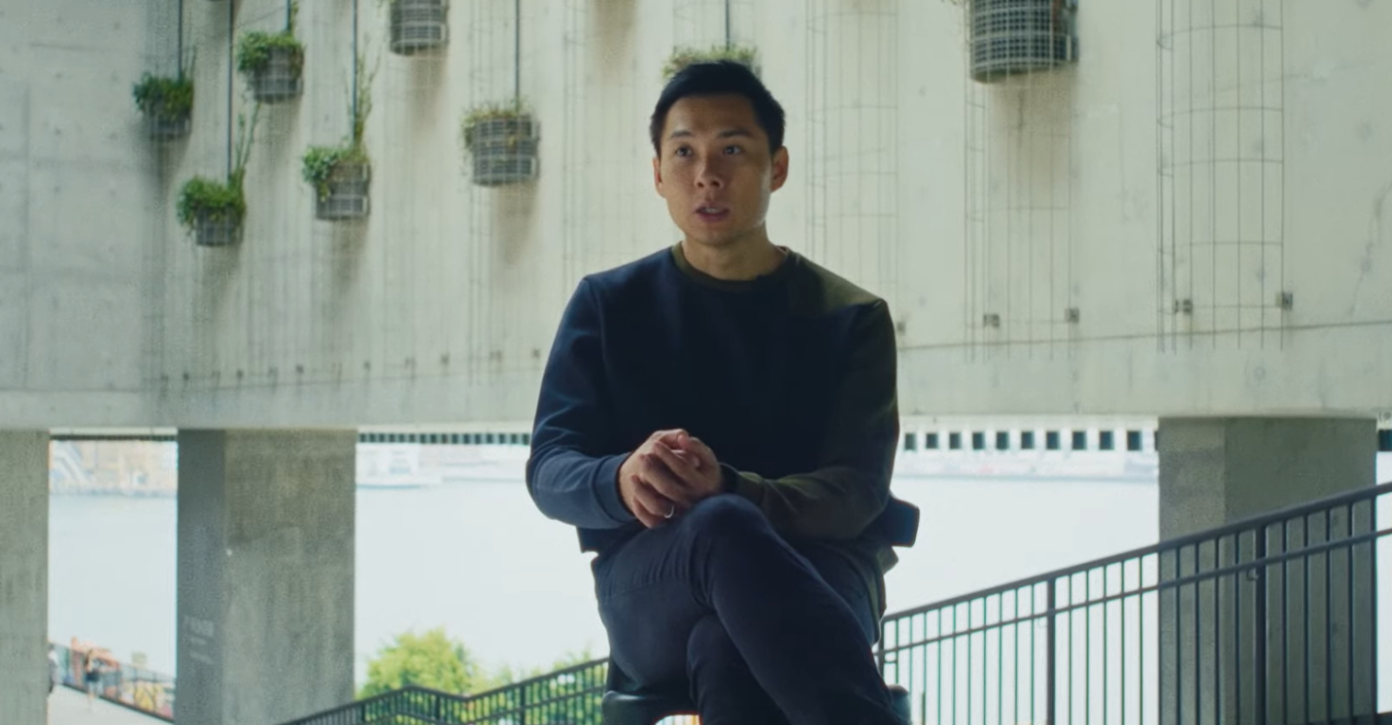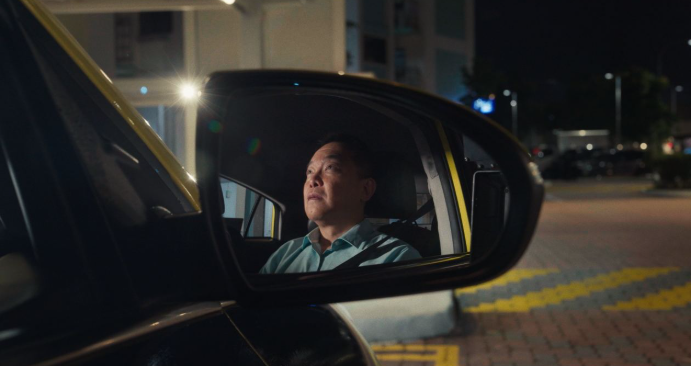Film Review #2: RETURN TO SEOUL
Film Review #2: RETURN TO SEOUL
Return to Seoul, directed by Davy Chou and produced by the Cambodian production firm Anti-Archive, was one of my favourite films seen at the Singapore International Film Festival. The film, which primarily examines the concept of being a foreigner in one’s own country and is inspired by Chou’s acquaintance, resonates strongly in the current day and age, as questions and beliefs about being patriotic versus a global citizen are frequently disputed.
My immediate interest concerns the way people are judged purely on their appearance rather than their real experiences, notably in the opening scene where the protagonist is categorised as possessing traditional Korean features. The discrepancy between lived experiences and physical appearance is an essential subject to investigate in terms of the ramifications of global migration. However, the fact that she is unable to communicate in Korean and requires translation services demonstrates how the vast majority of people today are global citizens.
Throughout the 1980s, the large number of Korean newborns adopted by others may have reflected the consequences of the political circumstances in Korea. However, the implications of politics are on the periphery of the narrative, with the core of the story concentrating on the life of Freddie, played by Kim Min Ji, a visual artist living in France, and her endeavours to define her own identity.
The highly stylised film adopts a Euro-centric aesthetic — aesthetically appealing, with aerial images of South Korea and hypnotic background soundtracks that evoke an atmosphere that comes closest to the experience of watching European cinema — as seen from the perspective of Freddie. Over time she acknowledges her origins and also learns Korean, where her interactions with men reveal nuanced power dynamics accented by her impulsive and impetuous decisions as a result of being presented as an outsider. As such, the picture is an intimate peek into the life of Freddie.
Rather than striving to find a conclusion, the film focuses on the journey; time acts as an axis around which Freddie traverses, with repercussions altering her path. We can see how the main character validates and assimilates her decisions through time, resulting in an alteration in her behaviour and the conclusion. Freddie arrives in Korea by happenstance at first. Her journey to Japan is delayed due to bad weather, and the narrative centres around her attempting to locate her parents and understanding why she was put up for adoption.
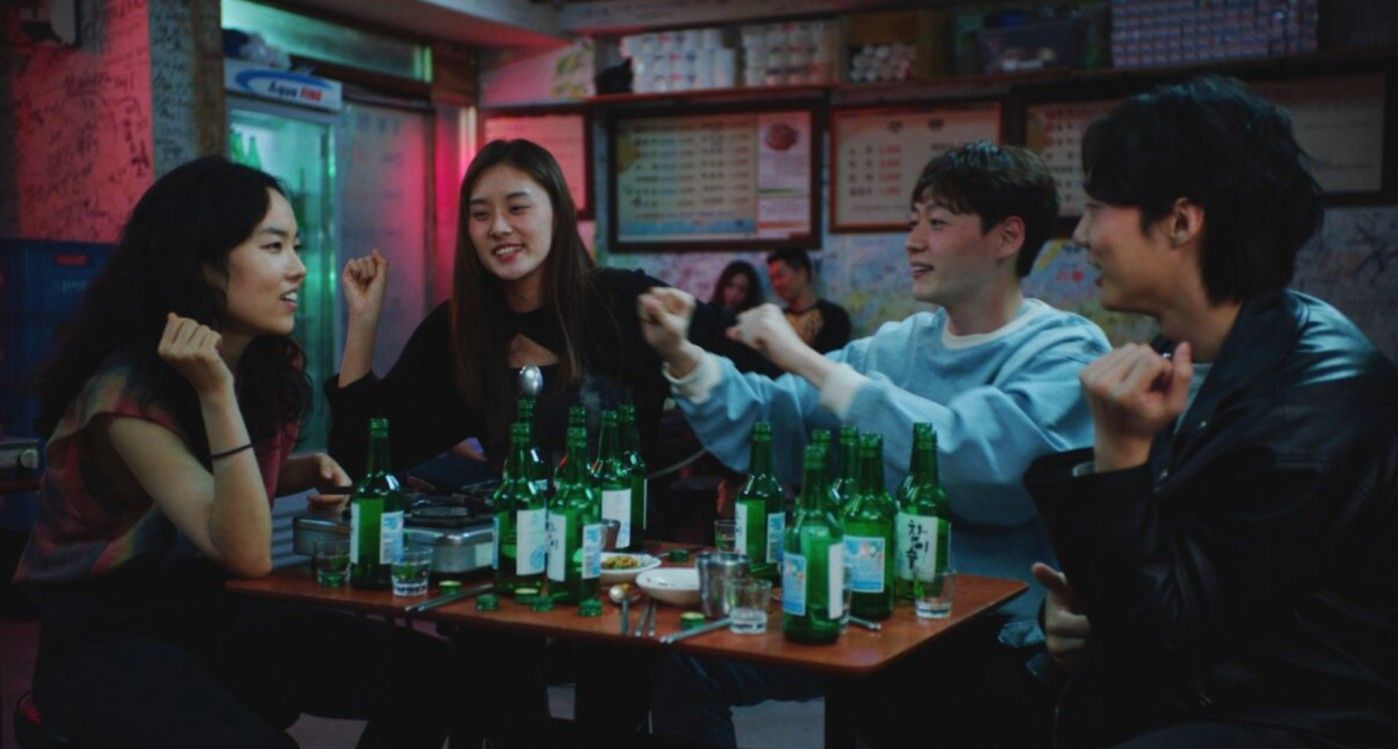
The stark contrast in depiction between Freddie and the locals is very intriguing, and a neocolonial lens would be useful in understanding her sentiments and decisions, notably in being liberal and participative in chance encounters. Furthermore, seeing how her birth parents react to Freddie adds another dimension of complexity to the power dynamics as they reciprocate a varying response to her uninvited appearance.
When she rediscovers her paternal ancestors with her biological father, she is forced to choose between retaining her own identity and adopting her “original” identity. Particularly, her Dad forcibly reconnects with her, while her Mum rejects her requests of wanting to meet her initially. Comic situations arise as we witness the broken translations by her paternal aunt trying to bridge the language barrier between Freddie and her Dad.
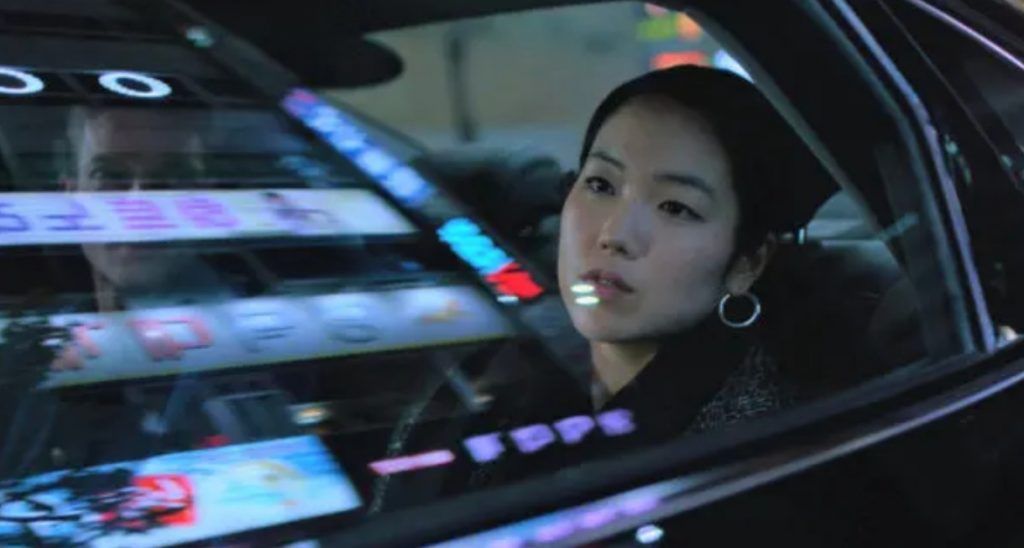
Freddie appears in a bar in a memorable scene as a Korean song is playing. She requests obscure German underground music, and its esoteric nature is defiantly repulsive. You feel uplifted and emancipated from the tight grip and suffocation she experiences as a result of her attempts to fit in with the new culture when you see how obstinate her character is. When people acquire global citizenship in the modern world, the film highlights the question of how one preserves his or her identity, and the diasporic character of that nature resonates effectively.
Return to Seoul is personal and a harrowing study of the life of a woman who tries to rediscover her roots. More often than not, it speaks volumes of the tensions that arise when one attempts to assimilate into a foreign environment. Cambodia’s official entry to the Oscars Best International Feature, Seoul is a cinematic experience that is bound to resonate with many.
——————————————————————————-
This review is published as an extension of *SCAPE’s Film Critics Lab: A Writing Mentorship Programme organised by The Filmic Eye, with support from the Singapore Film Society.
About the Author: Deepag is highly interested in adding films with innovative voices and historical significance to his Letterboxd watchlist.
——————————————————————————-
About the Movie:
Director: Davy Chou
Cast: Park Ji-Min,Oh Kwang-rok, Guka Han, Kim Sun-young
Year: 2022
Country: Korea
Language: Korean, English, French
Runtime: 115 Minutes
Synopsis: A twenty-five-year-old French woman returns to Korea, the country she was born in before being adopted by a French couple, for the very first time. She decides to track down her biological parents, but her journey takes a surprising turn.

